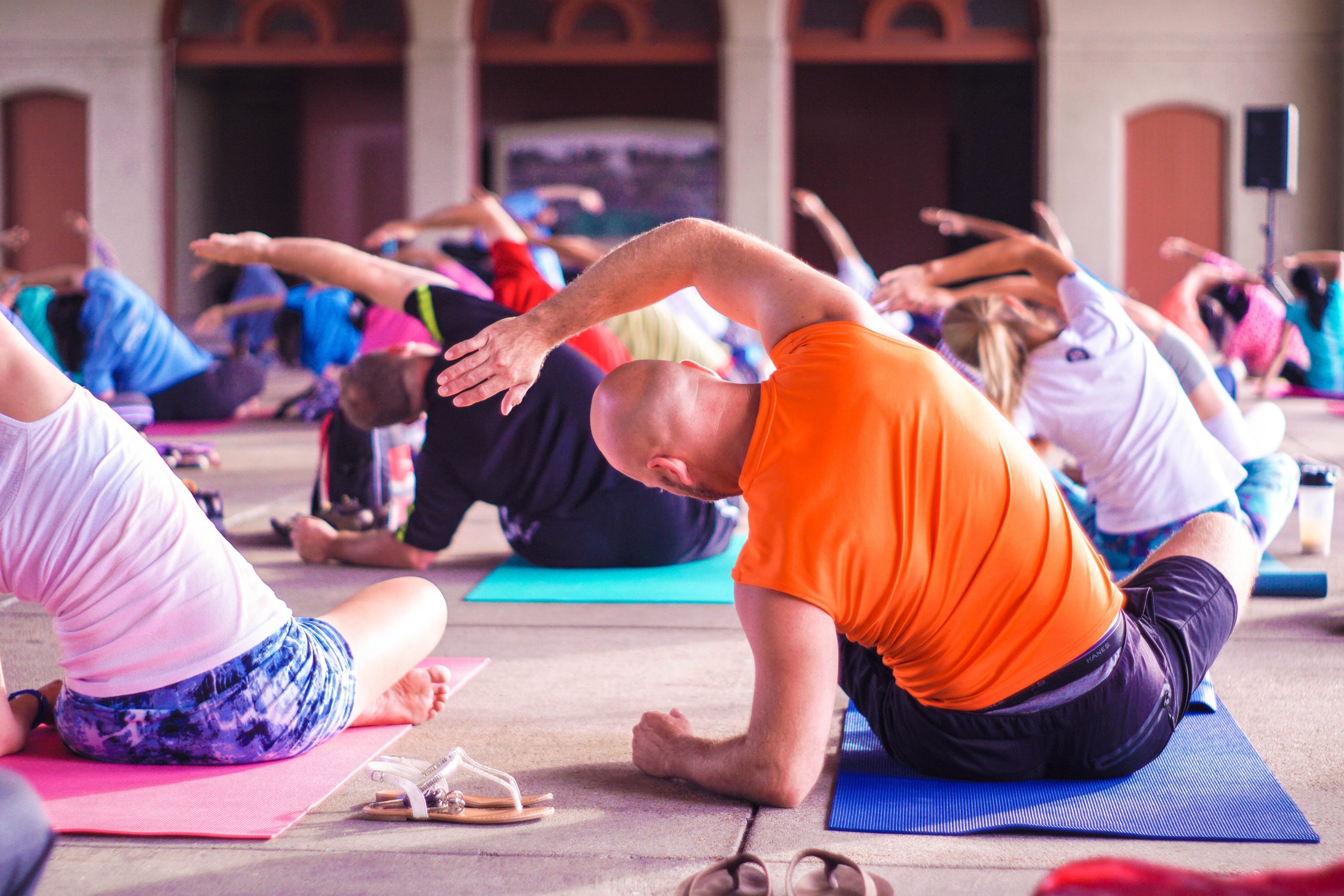Hey all!
I’ve been meaning to write a post for a while on the relationship between exercise and mental health. This is something that I have been trying to learn more about ever since I started a Work Study position for UVic Health Services. My role is to coordinate the FitConnect program: a program that uses exercise and social support to help students who live with depression or anxiety. My next post will go into more detail about FitConnect and how the program works. For now, I’m writing about what I’ve learned about the relationship between exercise and mental health. Before I start, I’d like to say that everyone’s experience with mental health is unique and personal. Exercise may help some folks, but I am not suggesting exercise is a universal “cure” for mental health challenges. It’s all about what works for you. With that said, let’s get right into it. Here are three ways exercise can positively impact mental health.
1. Exercise can lead to changes in the brain.
Exercise has been shown to release endorphins and serotonin. Both of these compounds have positive effects on mood. The so-called runner’s high is associated with a decrease in stress hormones and increase in cell growth in the hippocampus. One study from Stockholm concluded that “suppression of cell proliferation in the hippocampus could constitute one of the mechanisms that underlie depression, and physical activity might be an efficient antidepressant.”
2. Exercise can decrease isolation and loneliness
We all know student life can be busy and lonely sometimes. Exercising can help to get students out of the house and feeling engaged in something other than school. Joining a gym or fitness class is a good way to meet other people. Even if you prefer to stick to yourself as you exercise, simply being around people or seeing others participating in the same activity can help reduce feelings of isolation or loneliness.

3. Exercise can improve sleep
We all know sleep is very important for physical and mental health. Yet, it can be so hard to get a good rest every night when student life feels so stressful. Exercise can improve sleep quality and duration by tiring you out and reinforcing the sleep-wake cycle. If you exercise in the day time, your body temperature rises and when you finish, the temperature starts to drop. Hours later, you are more likely to feel sleepy and ready for a good night’s rest. Fortunately, even having 10-15 minutes worth of exercise can improve sleeping habits.
Okay that’s all for now! I hope you found these facts informative.
Cheers!
Pearl
Sources:
- https://www.healthdirect.gov.au/exercise-and-mental-health
- https://journals.sagepub.com/doi/full/10.1177/0733464818807820
- https://www.sleep.org/articles/exercise-affects-sleep/
The views expressed in this blog are my own, and do not necessarily reflect the policies or views of the University of Victoria. I monitor posts and comments to ensure all content complies with the University of Victoria Guidelines on Blogging.
